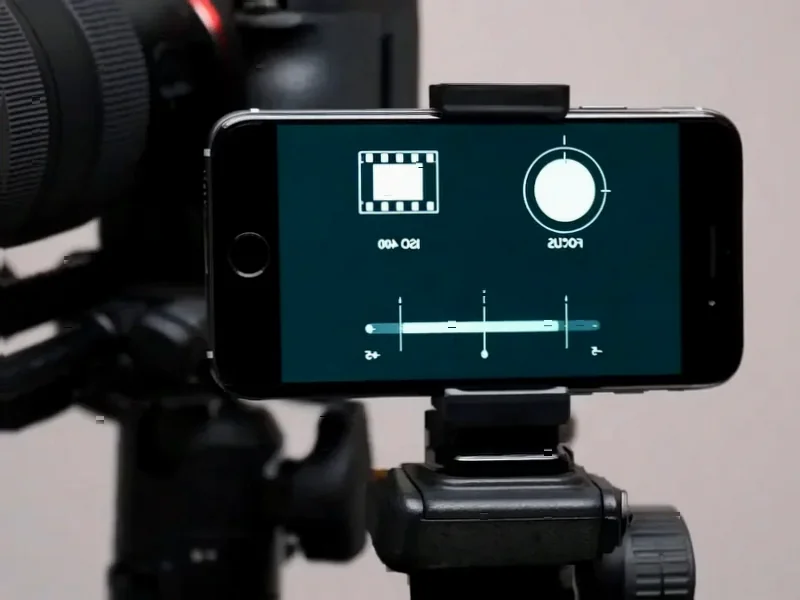According to MacRumors, Apple released the first beta of iOS 26.2 to developers on Tuesday with functionality allowing Japanese users to install alternative app marketplaces like AltStore PAL and Epic Games Store. The software will roll out publicly in December 2025, just ahead of Japan’s regulatory deadline requiring platform openness. This follows Japan’s parliament approving legislation in June 2024 that mandates Apple allow third-party app stores and payment providers. The Japan Fair Trade Commission then established the Mobile Software Competition Act Guidelines in August 2025, explicitly banning platform operators from blocking alternative stores. Early testing shows Japanese iPhones can already download apps from these stores, though some features like Fortnite in-app purchases remain region-blocked by Epic.
Apple’s global strategy
Here’s the thing about Apple’s approach to third-party app stores: they’re only doing this when absolutely forced. We saw the exact same pattern in the EU after the Digital Markets Act kicked in. Apple introduced alternative app stores in iOS 17.4 for the 27 EU member countries, but nowhere else. Now Japan gets the same treatment starting with iOS 26.2 in December. It’s basically regulatory compliance theater – Apple moves exactly when and where they have to, and not a moment sooner.
But why fight this so hard? Look, we’re talking about the company’s most profitable business segment. The App Store generated an estimated $24 billion in net revenue for Apple in the third quarter alone. That’s not small change, even for a $3 trillion company. Every country that forces Apple to open up represents a direct threat to that revenue stream. So they’re playing defense, complying with the letter of the law while probably working on other ways to maintain control.
Japan’s regulatory push
Japan isn’t messing around with this. The legislation passed in June 2024 was specifically designed to curb what regulators see as anti-competitive behavior by major tech platforms. Then they doubled down with the Mobile Software Competition Act Guidelines in August 2025, making it crystal clear that blocking alternative stores and payment systems is now illegal. This isn’t some vague suggestion – it’s explicit, enforceable regulation.
What’s interesting is how quickly Japan moved from legislation to enforcement. Less than a year from passing the law to having guidelines and Apple already implementing changes? That’s lightning speed in regulatory terms. It suggests Japan’s government sees smartphone platform competition as a serious economic priority. They’re not waiting around while Apple and Google maintain their duopoly.
What this means for users
For Japanese iPhone users, this could be huge. Think about it – for the first time, they’ll be able to install apps from sources other than Apple’s walled garden. Early testers like @Tzzlala on X are already showing AltStore PAL and Epic Games Store working on Japanese devices. That means potential access to apps Apple might reject, different pricing models, and genuine competition.
But there are still questions. Will Apple find ways to make third-party stores less convenient or secure-feeling? Will they charge fees that make alternatives less attractive? And what about the user experience – will switching between stores feel seamless or clunky? These are the battles that will play out over the coming months.
The bigger picture
So where does this leave Apple’s global app store strategy? Basically, they’re playing whack-a-mole with regulators worldwide. First the EU, now Japan, and other countries are watching closely. South Korea already has similar requirements, and the U.S. has been debating this for years. Each new market that forces Apple’s hand makes it harder for them to maintain the “walled garden” argument elsewhere.
The real question is whether this represents the beginning of the end for Apple’s complete control over iOS software distribution. I think we’re seeing a gradual, regulated opening rather than a sudden collapse. But make no mistake – the era of Apple having absolute say over what runs on iPhones is ending, one country at a time. And for consumers who want more choice? That’s probably a good thing.




